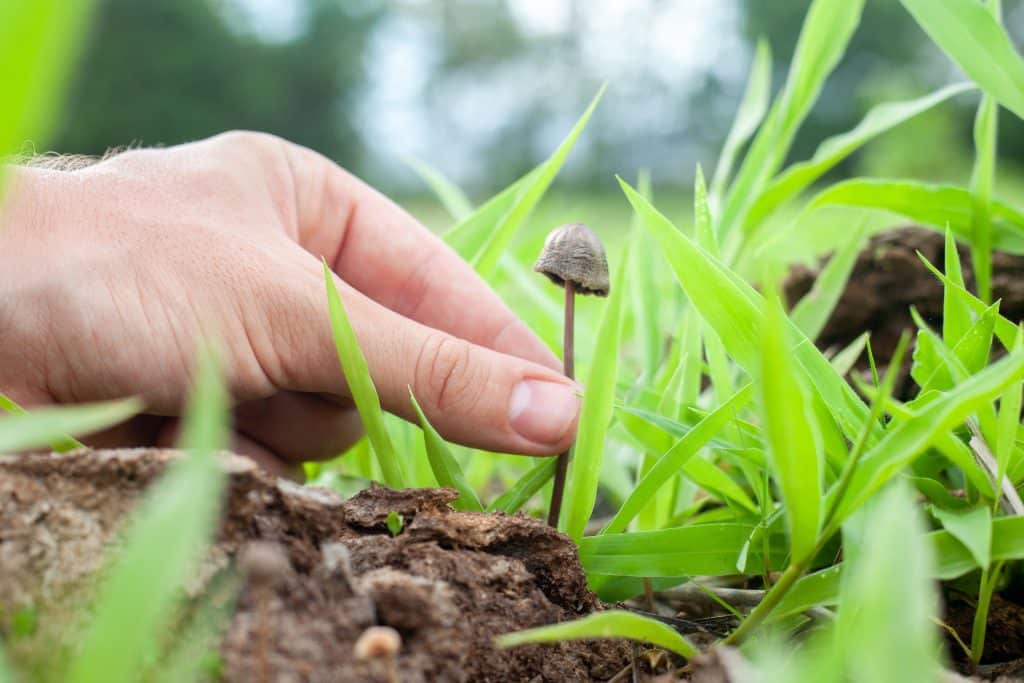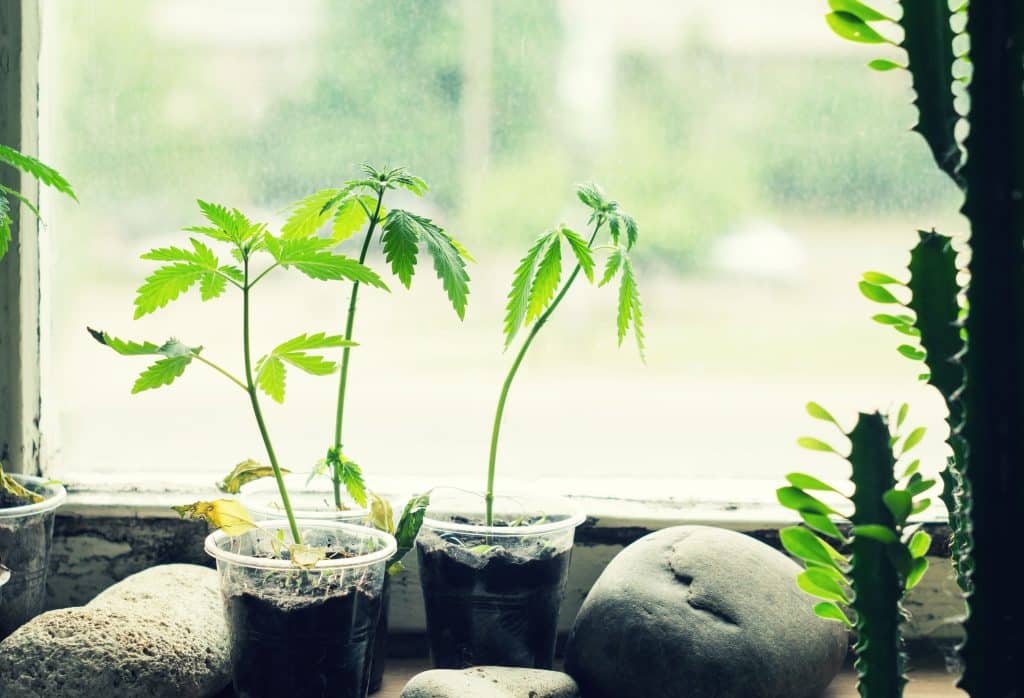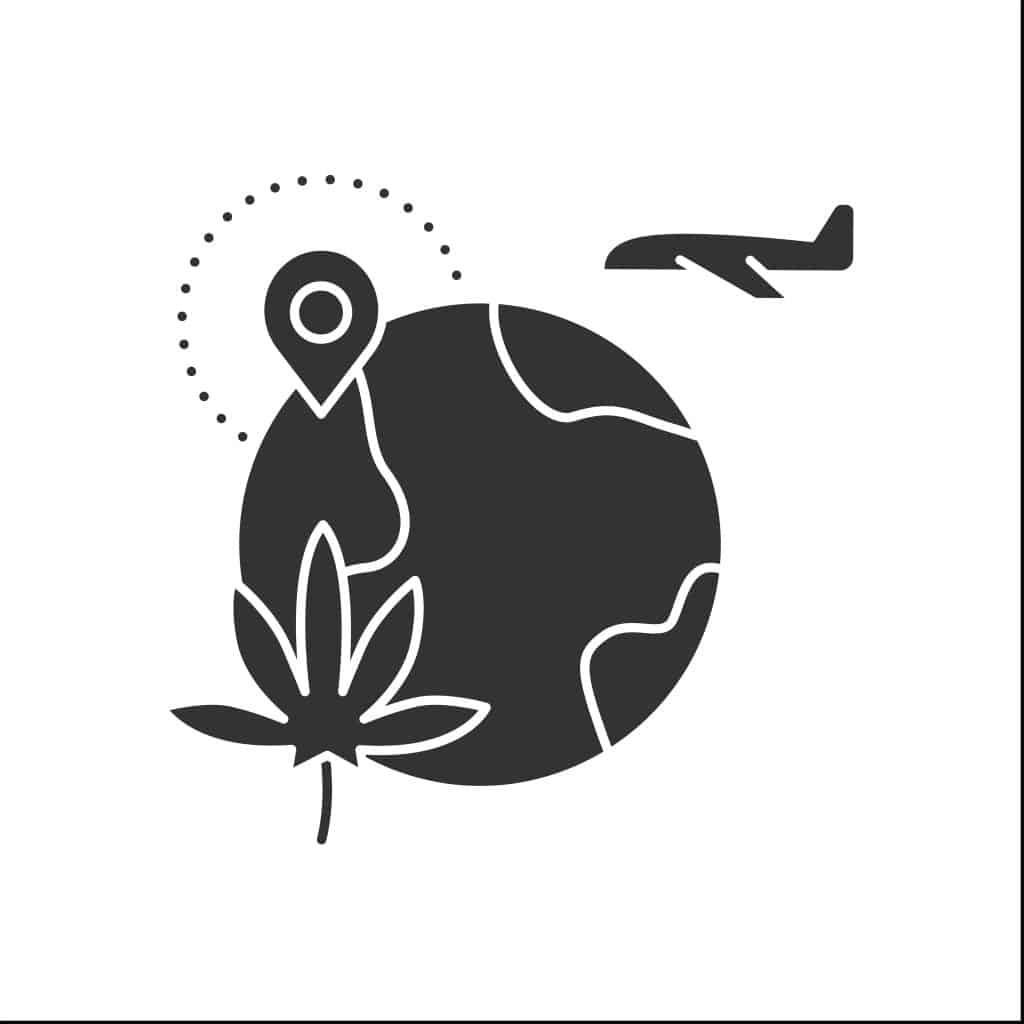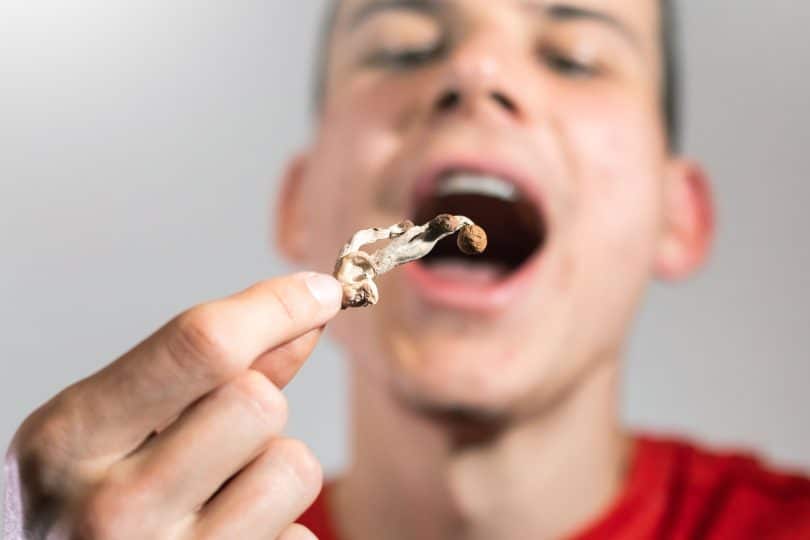Thailand already pulled double duty in the world of weed, legalizing medical use and decriminalizing recreational use, all within four years. Now, it’s got its sights set on the next medical frontier, psychedelics. In a recent announcement, Thailand made clear it’s interest in researching psilocybin mushrooms, for depression therapy, and beyond.
Thailand is the next country to investigate psilocybin mushrooms for therapy purposes, and might update its laws. This news source is 100% independent and covers the cannabis and psychedelics fields, which are quickly expanding out. We also provide the Cannadelics Weekly Newsletter to give readers updates directly to their emails, and to offer a range of deals on tons of products from vapes and other smoking equipment, to edibles and cannabinoid compounds including the super-popular Delta 8 & HHC. Head to our ‘best of’ lists to check out deals, and please only purchase products you’re totally happy to use.
What’s the news?
On August 14th, 2022, the Thailand National Narcotics Control Board announced in a press conference its plans to start production of psilocybin mushrooms, for research into therapeutic uses. This research project is to be run under the Narcotics Control Board, in collaboration with Khon Kaen University. The idea is to expand out to include other universities later. Minister of Justice, Somsak Thepsuthin backed the government’s decision to get into magic mushroom medicine.
Psilocybin mushrooms, known as “het khee khwai” in Thai, which translates to “buffalo pooh mushrooms”, will have designated areas within Khon Kaen for cultivation. Right now it’s just a research initiative, with the end goal of producing medications for the population. None of this is meant for recreational use, pointed out Thepsuthin, and everything planned is entirely for a medical market only.
The major goal of this research initiative, and pending medical market, is aimed at helping those suffering from depression. According to the World Health Organization, the estimate for depressed Thai, is 1.5 million (out of a country of nearly 70 million). It was also estimated that this depression leads to a lower life expectancy.

Magic mushrooms in Thailand
This recent announcement from the Thai government is quite an about-face from current Thai law governing the fungi. Right now, psilocybin mushrooms are illegal in Thailand for any use, as a Category 5 Narcotic under The Narcotics Act of 1979. Using mushrooms comes with up to a year of jail time, a 20,000 baht fine (~ $546), or both. Those caught selling are looking at 2-15 years in prison, and fines ranging from 200,000-1.5 million baht (~$546-41,000).
Despite these possible punishments, the laws aren’t known for frequent enforcement, leading Thailand to already be a hub for magic mushroom tourism. Islands in the Gulf of Thailand like Ko Samui and Koh Pha Ngan, offer tourists psilocybin-assisted therapy retreat centers. Ko Samui even has a species of psilocybin mushroom named after it: Psilocybe Samuiensis. This mushroom is native to the island, as well as other parts of Thailand and Cambodia. Magic mushrooms have a continued popularity with the youth of the country, as well.
If all goes as planned, and Thailand produces studies that mirror the positive benefits seen in other studies (particularly the Phase II trials run by COMPASS Pathways), its expected the country will reschedule the compound for wider research and medical use. This makes Thailand the first country on the Asian continent to recognize, in an official capacity, that psychedelic medicines are beneficial, and the first to invest in developing a medical market for them in the region.
Thepsuthin, besides talking of the possible medical benefits, also related how he thought the declassification of psilocybin might help the country’s agricultural sector, as well as reducing the current price of mushrooms and therapy. Prices could go as low as 500 baht ($13.65)/kilogram for fresh mushrooms, and 5,000 bhat ($136.48)/kilogram for dried. If a person wanted to legally use mushrooms in Oregon in a designated facility, it would cost between $1,500-7,000 by comparison, which also gives Thailand an extra potential value in a tourist market.
Thailand and cannabis
A new magic mushrooms policy is sure forward-thinking for a country in a region that almost universally doesn’t allow drugs; but it’s not the first move of its kind by the country. Thailand has been changing tack on drug policy all over the board, or at least, in another major section of it: cannabis. Within four years, Thailand has taken a strong about-face when it comes to cannabis regulation.
This started in 2018 with a medical legalization voted-in unanimously by the National Legislative Assembly; and which went into effect in 2019, making Thailand the first Asian country to allow cannabis medicine. This did nothing to change recreational law and penalties, though. Even with the medical legalization, illegal possession of marijuana still came with a punishment of up to 15 years prison time, and a fine of approximately 1.5 million baht (~$41,000).

Then, in January of 2022, Thailand took it up a notch, announcing it would remove cannabis from Category 5, and decriminalize the plant, along with allowing home-growing. This was just a statement though, and required the writing of regulatory laws. Unlike other countries that take years getting this part done (think Mexico), by June 9th, Thailand officially followed through, and decriminalized the plant.
And how did it celebrate this change in cannabis regulation? By giving away one million free cannabis plants to regular citizens. First announced in May as a sort of promotional act for the new law, it was stipulated that anyone growing would have to notify their local government, adhere to the .2% THC limit, and only use the plants for medical purposes. The same day the decriminalization went through, 350,000 people registered to grow in their homes.
According to Health Minister Anutin Charnvirakul, the idea is for these low-THC plants to be thought of as a household crop by the people of Thailand, though none of what’s grown in private homes is legal for commercial purposes. As about 1/3 of Thailand’s residents work in agriculture, the idea of turning weed into a household crop isn’t that far out, and should be easy for a country with such a strong farming base.
Should magic mushrooms officially get a pass to medical legalization (and possible decriminalization), it means that within just a few years of time, Thailand completely changed policy on both cannabis and psychedelics. And who knows what opening the magic mushrooms door could do to grease the wheels for other psychedelics like DMT, mescaline, or LSD. If the idea is really to improve the health of residents, Thailand might be on board to evaluate more legalization policies for other drugs in the future.
Drug tourism
The Thai government hasn’t been unclear that it hopes both the new cannabis industry, and a potential mushrooms industry, could greatly help the economy of the country. As a part of this, it’s not just about selling to residents, or even exporting to other countries, but establishing a tourism market for these drugs in Thailand. Medical cannabis tourism, and medical mushroom tourism, refer to going to a place to access their medical services related to those plants.
Thai Tourism and Sports Minister, Pipat Ratchakitprakan, made the comment in 2019, “We would like to provide medical tour packages, such as detox, Thai massage and other wellness courses that use marijuana substances.” When he said this, there was draft legislation on the subject which would have allowed foreigners to come to Thailand with their own medical cannabis, so long as they had a valid prescription. It’s not clear what current thoughts are on this now.

According to another more recent source, “Thailand’s health ministry as part of accelerated plans to legalize cannabis for recreational use in the country is contemplating the setup of a so-called ‘cannabis sandbox scheme’ for interested foreign tourists…” And that “The planned tourism scheme, comparable to the current Covid-19 sandbox schemes which allow foreign travelers access to designated areas under various pandemic control regulations, would determine certain regions in the country where cannabis could be consumed as a pastime.” However, none of this is confirmed.
With already operational centers for treatment with psilocybin mushrooms (whether legal or not), it’s not that far a stretch to imagine this could be pushed to the forefront and advertised as a legal tourist activity. Such places already exist in countries like Jamaica, the Netherlands, and Costa Rica; and it seems Thailand has a great set-up for a much-better-priced market, than what exists in a place like Oregon.
Conclusion
Thailand is truly a country on the move. Like watching a child grow to adolescents and then bloom out into adulthood. With all the recent – and quick – moves to update drug policy concerning cannabis and psilocybin mushrooms, Thailand has really separated itself from its neighbors, and started a major charge to drug reform.
Hello and welcome readers! We appreciate you stopping at Cannadelics.com, a cannabis and psychedelics news source of the independent variety, with daily stories on current events going on in the industry. Join us whenever possible to stay updated on important stories, and sign up for the Cannadelics Weekly Newsletter, to ensure you’re always on top of whatever is going on.









